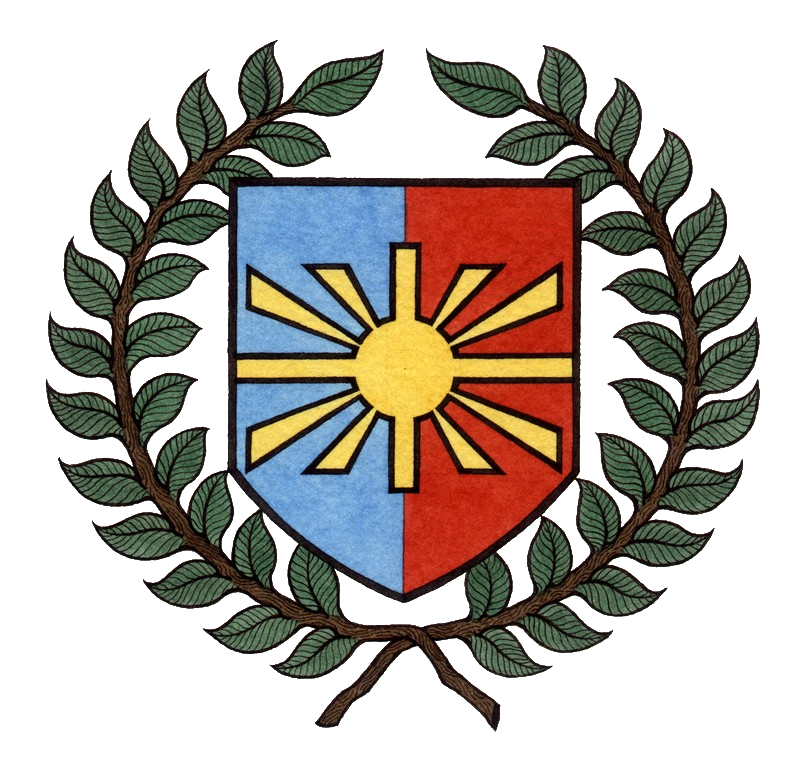Industry is the set
Industry is the set of all activities designed to manufacture products from raw materials, and to exploit mines and the various sources of energy. The term itself has its origin in artisanal craftsmanship: manual creativity and dexterity, skill, special talent or human ingenuity, all of which are often the result of the transmission of an ancestral culture or the product of the legacy of civilization.
A person may be industrious
A person may be industrious or ingenious or both at the same time, with the art of handling materials and raw materials. The industrious person has acquired some know-how and rules of action in a particular area. The ingenious person, endowed with the faculty of imagination, has the ability to invent factories and machinery needed to produce on a large-scale, at an industrial level, what the artisan produced in limited quantities. The artisan and the engineer are complementary: one creates a small amount of products, which are often exceptional; the other is able to discover ways to produce them industrially. Thus, creativity and technique are put at the service of all human societies and communities who wish to make use of manufactured products, but that might also lead to the destruction of consumables (like food in cans or jars where the packaging has to be destroyed afterwards). Recycling of used products naturally arises as part of the process of industrialization.
The term “industry”
The term “industry” has an artistic connotation, in the sense of craftsmanship. We say that someone “lives from his industry.” The artisan practices an art handed down through the ages, an art involving some manual and intellectual ingenuity. Tradition contributes essentially to the transmission of these crafts through customs, practices, expertise, opinions, as well as the use of speech (word-of-mouth transmission), and by example, from contact with master workers.
Industry is variable
Industry is variable: automobiles, oil, food, textiles, metallurgy, tourism, cinema, art, etc… It is said to consist of crafts plus mechanical arts and manufactures in general, as opposed to agriculture. Its purpose is the exploitation of mineral wealth and all sources of energy, and the transformation of raw materials into finished and built goods, with the help of hired labor.
By intelligently coordinated acts
By intelligently coordinated acts (Taylorism or work on an assembly line), through his work, man makes use of underground resources (minerals, fossil fuels) and other raw materials (substances in their original state) through the use of processing techniques. The techniques are mechanical operations that human intelligence controls and leads to the manufacturing of finished products, used as such by consumers and users.
Management of energy
Management of energy is what allows human being to run factories or industrial systems to produce mechanical work under the direction of men. Energy is absolutely essential in the technical implementation of the transformation process. It can be produced mechanically, electrically, thermally, and even otherwise by new knowledge and technologies.
Originally, the economy
Originally, the economy may also refer to the proper administration of a family home, and the management of the labor force of man, animals, and Nature in all its biodiversity.
In a human group
In a human group, the economy refers to the technological science that aims to produce, manage, distribute and consume products and material goods produced by human ingenuity.
Industrial production
Industrial production means producing material goods in a more or less important quantity, to assume its inherent activities, and employ the necessary means for such a concrete realization. Distribution shall aim to distribute the goods produced, and to serve the greatest number of people. Consumption is the activity of using the products of the industry, the act of transforming and assimilating consumables, destroying them or making them disappear.
